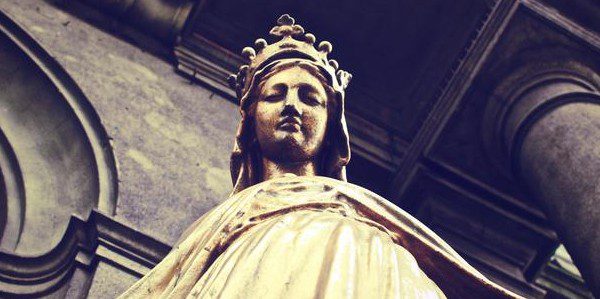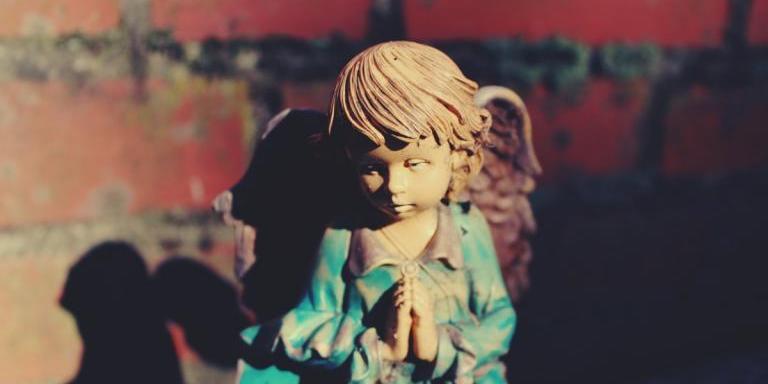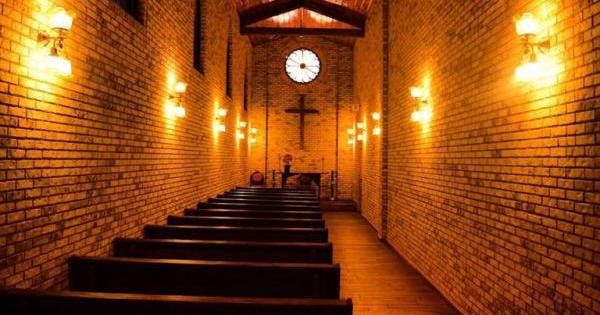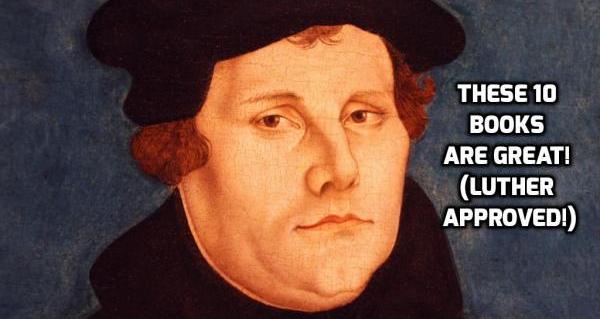Why did religion form in early forms of human life? What is the relation between the development of myth (which is what results when self-reflecting creatures ask questions about the meaning of life, their purpose in life, and what happens after death) and cultural developments like art, technology, and science?
The authors of the recently published book, The Worm at the Core, address that question in an illuminating and provocative way–and in a way that lends support to their thesis that at the bottom of all human endeavor we find a deep, underlying anxiety about our mortality and a quest for significance in the face of that anxiety. They write,
Myth, like art and ritual, lends form to abstract notions like the soul, or the idea of immortality. Myth making, according to cognitive psychologist Merlin Donald, may have been the original function of elaborated language, rather than providing answers to pragmatic ‘how-do-I-milk-this-goat?’ questions. Indeed, all human societies, even the most primitive and technologically impoverished ones, have sophisticated creation myths, ideas about the structure of the universe, and explanations for what happens after death (78-79).
They go on to point out that myths facilitate the establishment and continuity of communities, as they (helped along by art, religion, and other cultural phenomena),
delineate how we should interact with and treat each other by providing a purposeful, moral conception of a life in which individuals’ souls can exist beyond their physical death. And religion gave our ancestors–as it gives us–a sense of community and shared reality, a worldview, without which coordinated and cooperative activities in large groups of humans would be difficult, if not impossible, to sustain.
Myths–and the religions that carried the myths along–enabled our ancient ancestors (as they do many of us still today) to deal with–or even to “quell”–the existential terror of death that would otherwise be debilitating, in the face of constant danger and threat to life. For many of us today, the threat to life may not be as constant or immediate, but our fragility is no less real.
This storyline is well-known, but perhaps the authors’ most provocative point here is that “ritual, art, myth, and religion thus play a much more significant role in human affairs than is currently fashionable to acknowledge.”
Rather than the view common among academics today, of these cultural phenomena being “by-products of other cognitive adaptations that have no adaptive significance or enduring value,” they argue that they were essential for humans in coping with the fragility of their mortality.
Furthermore, their development and ongoing evolution in human societies were instrumental in the development of “agriculture, technology, and science…” In other words, myth, art, and religion, were not separate functions from these more “modern” phenomena, or should they be thought of as unfortunate byproducts to be dispensed with once we have factories and modern medicine. Myth, in fact, precedes development: “We might not have…dentistry without the tooth fairy.”
They conclude the chapter thusly:
Psychologically fortified by the sense of protection and immortality that ritual, art, myth, and religion provided, our ancestors were able to take full advantage of their sophisticated mental abilities. They deployed them to develop the belief systems, technology, and science that ultimately propelled us into the modern world. (81)
Now, as a believing theologian, I would add that simply to understand the ancient origin of religion, myth, and ritual in anthropological terms doesn’t require or necessarily result in atheism.
Recognizing the reasons that ancient religion emerged and understanding its pragmatic import, does not lead to a logical conclusion that because humans needed religion and myth to get along in the world, all religion is exposed as fraudulent or necessarily false. Furthermore, that many of us still have pragmatic and psychological need for it today, does not invalidate religion as such. Why should an overwhelmingly common and deep-rooted need for something invalidate the numerous, well-meaning and often even quite sophisticated responses to that need?
The ache in my tooth and the knowledge of its source and cause, does not lead me to reject dentistry; rather, it leads me to seek out my dentist.
We might also say that the spiritual, existential, and psychological needs which religion addresses, should not lead us to an outright rejection of religion or even “myth,” properly understood, as inherently false.
Long ago, Augustine said that our hearts are restless until they find rest in God. Perhaps we could go back much further than Augustine, and suggest that the “restless heart” is as old as humanity itself?
For more content related to theology and society, like/follow Unsystematic Theology on Facebook!












